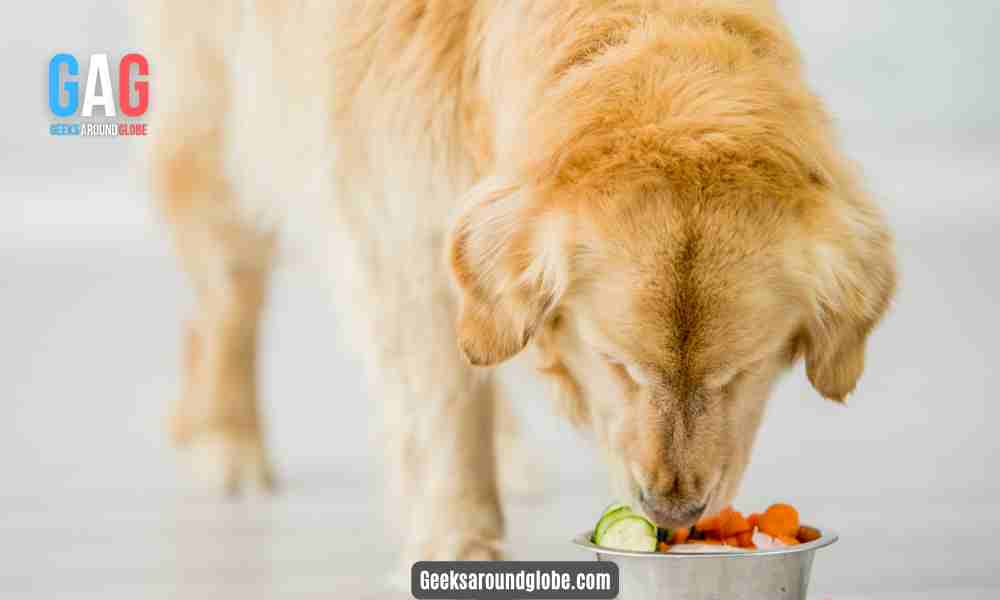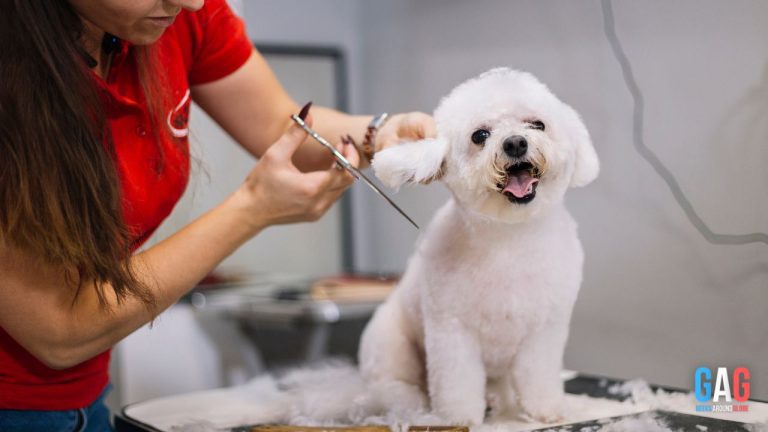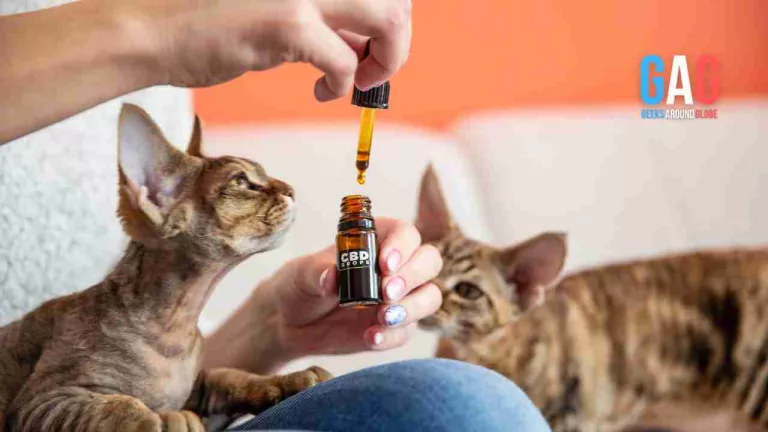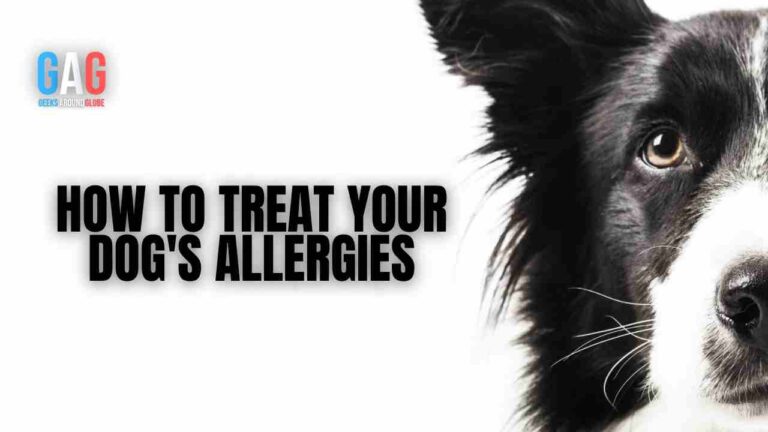- 1. Good body condition
- 2. Appropriate activity levels
- 3. Good dental and gum health
- 4. Appropriate mobility
- 5. Appropriate responsiveness
- 6. Good eating habits
- 7. Appropriate water intake
- 8. Appropriate grooming habits
- 9. Appropriate sleep patterns
- 10. Bright and clear eyes
- 11. Appropriate weight
- 12. Shorter nails
- 13. Moist nose
- 14. Comfortable body temperature
Having pets is a standard and enjoyable part of many people’s lives. Dogs, in particular, are beloved companions that bring their owners joy, happiness, and a sense of responsibility. As they take care of us, we must also ensure they stay healthy and happy. Several indicators can help you determine if your dog is healthy and thriving.
Good body condition
A healthy dog is typically in good physical condition, with a well-proportioned and muscular body. Your dog should be energetic, and its coat should be smooth and glossy. If your dog is overweight or underweight, it could be a sign that it is not healthy.
Appropriate activity levels
Another indicator of good health in dogs is their activity level. Dogs with plenty of exercise and appropriate energy levels tend to be more content, happy, and well-adjusted. If you notice that your dog is lazy or excessively hyperactive, this could indicate a health problem that requires attention from your vet. Additionally, finding yourself having difficulty taking your dog for walks or other activities due to physical limitations or pain on their part could also be an indication of poor health.
Good dental and gum health
Poor dental health can cause many dog problems, including gum disease and tooth decay. Regular brushing and dental checkups can help keep your dog’s mouth healthy and prevent common issues like plaque buildup and bad breath. When brushing your dog’s teeth, look for signs of bleeding or sores, which can indicate more significant dental problems.
Appropriate mobility
Your dog should have good mobility and be able to move around quickly. If your dog appears stiff or has trouble getting up or moving, this could indicate joint issues or some other health problem that a veterinarian should address.
Appropriate responsiveness
A healthy dog is responsive to the people around them and will show interest in what is going on around them. If you notice that your dog is unresponsive or seems aloof, this could be a sign of poor health and should be addressed by your vet right away.
Good eating habits
Your dog should have a healthy appetite and be eager to eat its food. If your dog is not interested in meals or seems to be eating less than usual, it could indicate an underlying issue that requires attention from your vet.
Appropriate water intake
A healthy dog should have a regular and steady level of thirst. If you notice that your dog is drinking too much or too little water, it could be a sign of an underlying health problem that needs to be addressed by your vet. Additionally, suppose you notice any signs of dehydration, such as dry lips or skin elasticity loss. In that case, these can also indicate potential health problems and should be evaluated by a veterinarian immediately.
Appropriate grooming habits
To maintain good health, you should regularly groom your dog, including regular brushing, bathing, and nail trimming. Regularly grooming your dog can help you identify any health concerns, such as lumps or skin conditions, before they become more serious.
Appropriate sleep patterns
A healthy dog should get plenty of rest and have good sleeping habits. If you notice that your dog is not getting adequate rest or has trouble sleeping, this could be a sign of an underlying health problem that needs to be addressed by your vet.
Bright and clear eyes
Your dog’s eyes should be bright and clear, with no signs of discharge or irritation. If you notice that your dog’s eyes are red or inflamed, this could be a sign of an underlying health condition that needs to be evaluated by your vet right away.
Appropriate weight
A healthy dog will have a good body condition score and maintain its ideal weight. If you notice that your dog is gaining or losing significant amounts of weight, you must consult your veterinarian for additional guidance on how to help them stay at their ideal weight. Dogfood.guide offers valuable resources on choosing high-quality foods to help ensure your dog stays at the perfect weight for optimal health and happiness.
Shorter nails
Your dog’s nails should not be excessively long or overgrown, leading to several health concerns. If you notice that your dog’s nails are excessively long or crooked, you must consult your veterinarian for guidance on trimming your dog’s nails and preventing future issues. Your dog’s nails should not make a clicking sound when they walk, as this may indicate that the nail is too long.
Moist nose
Your dog’s nose should be moist and healthy-looking, without any dryness or cracking. Suppose you notice that your dog has a dry nose or displays signs of flaking or scabbing. In that case, it could mean they are not getting enough hydration or moisture in their diet, signaling poor health, and you should consult your veterinarian to discuss ways to help improve your dog’s moisture intake.
Comfortable body temperature
Your dog’s body temperature should be reasonably consistent throughout the day and maintain a comfortable range. If you notice that your dog is excessively hot or cold, this could be a sign of an underlying health concern that needs to be evaluated by your vet.







